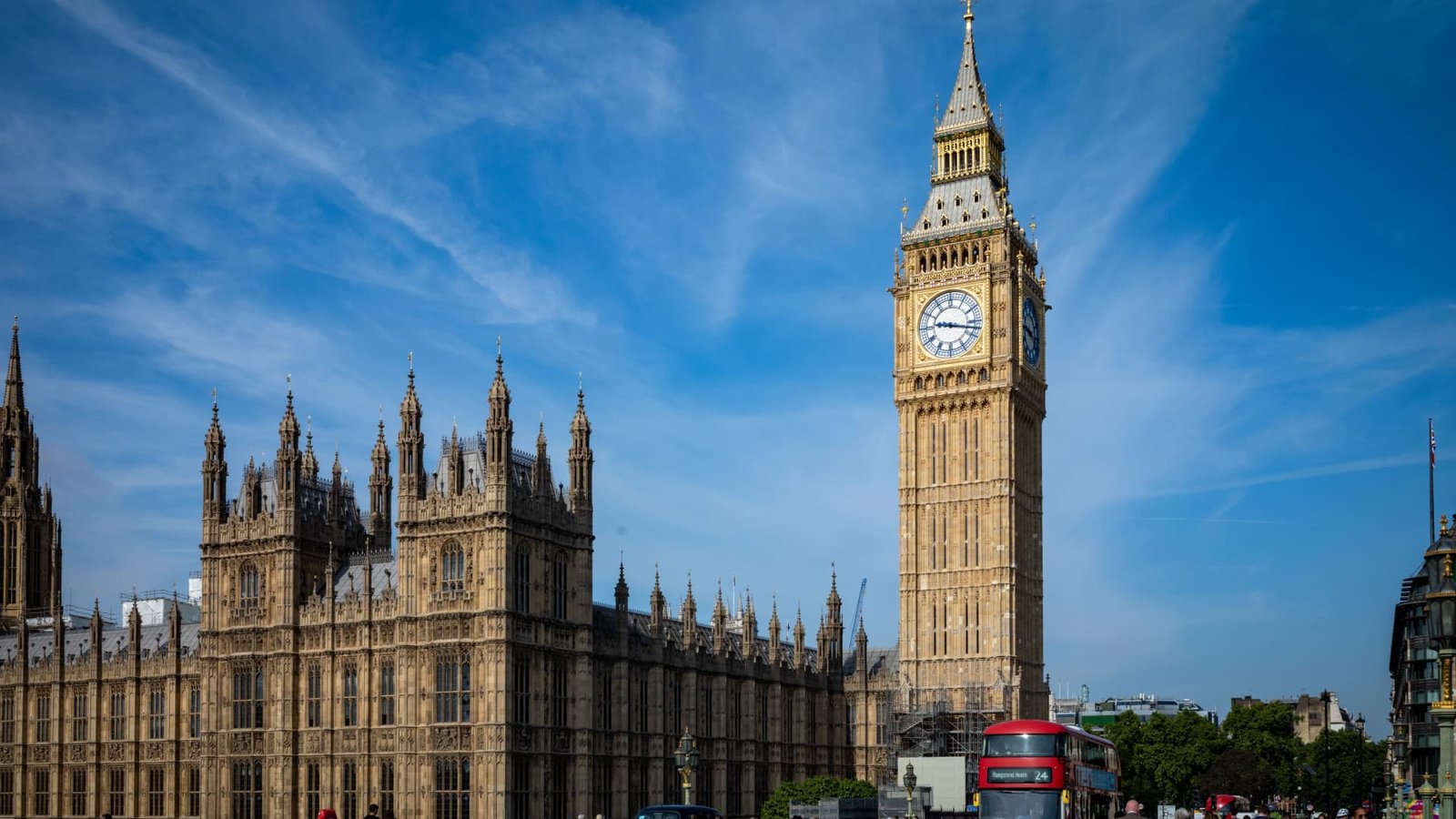The rise in U.K. government bond yields following the debut budget plan of the Labour government in October has raised concerns as borrowing costs surged to exceed several decade highs. Last week, attention turned to the possibility of public spending cuts or additional tax hikes as 30-year gilt yields reached their highest level since 1998. Despite initially dropping after Labour’s election win in July, 2-year gilt yields have risen above 4.5%, and the 10-year yield has reached levels not seen since 2008.
Investor confidence in the U.K. has dwindled, as evidenced by a simultaneous decline in the value of the pound, which hit its lowest point against the U.S. dollar since November 2023. Borrowing costs are also increasing in the euro area and the U.S., with economists attributing the U.K.’s situation to external factors like the return of Donald Trump to the White House and expectations of higher interest rates than previously anticipated this year.
The surge in U.K. yields poses a significant challenge for the government, which aims to stimulate economic growth while ensuring a decrease in debt as a percentage of the economy within five years. Currently, U.K. public sector net debt stands at nearly 100% of GDP. The rise in gilt yields could impact the U.K.’s debt sustainability by elevating borrowing costs used for budgeting purposes, according to ING Senior European Rates Strategist Michiel Tukker.
Analysis by the Office of Budget Responsibility suggests that the recent increase in yields, if sustained, could eliminate the government’s estimated headroom of £9.9 billion ($12.1 billion) to meet its fiscal rules. The Institute for Fiscal Studies mentioned a slim chance of the U.K. meeting its fiscal rule, with Finance Minister Rachel Reeves facing tough decisions such as revising debt calculations, reducing spending plans, implementing tax hikes, or breaking the rule.
Economists at Capital Economics highlighted a potential “vicious circle” for U.K. gilts, where rising yields strain public finances, necessitating further fiscal tightening, which in turn burdens the economy. Bank of America Global Research strategists believe Labour will announce additional fiscal consolidation measures in the spring, possibly through spending cuts following the £40 billion in tax increases announced in October.
A Treasury spokesperson emphasized the government’s commitment to fiscal rules and sound public finances, stating that tough decisions on spending are being made to drive economic growth. Former Finance Minister Vince Cable noted that higher bond yields are a global phenomenon reflecting the U.K.’s slow growth trap, influenced by factors like Brexit, Covid-19, and the Ukraine conflict. Cable suggested Labour should have diversified tax increases and downplayed comparisons with the 2022 mini-budget crisis.
Analysts and experts generally agree that the current rise in gilt yields poses an economic challenge but falls short of a crisis, with no apparent systemic issues affecting liability-driven investment funds as seen in 2022.




